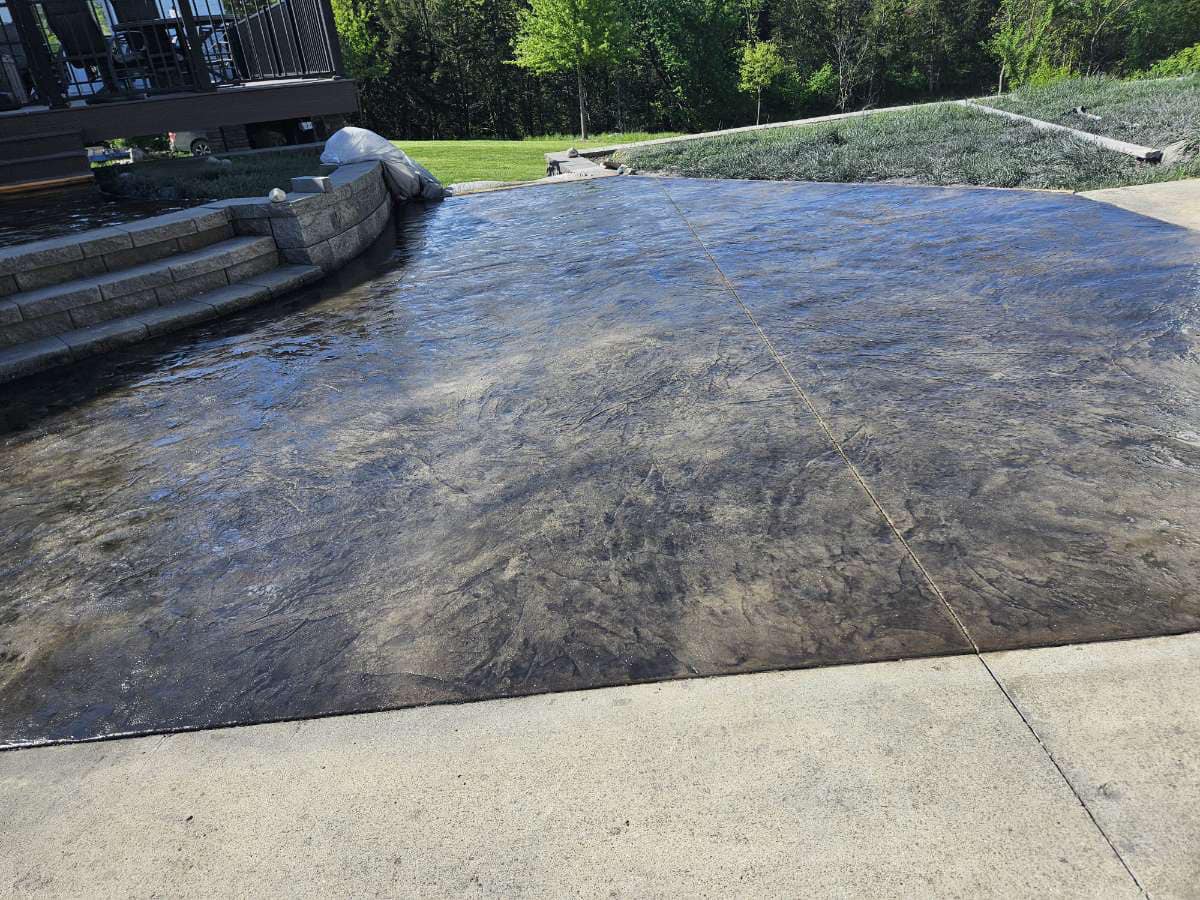
Pioneering Sustainability: How New Age Concrete is Reshaping Eco-Friendly Construction Oct 19, 2025
The journey begins with the production of concrete itself. Traditionally, concrete production is energy-intensive, contributing significantly to carbon emissions. New Age Concrete has developed innovative solutions to reduce this footprint through the use of alternative materials. By integrating fly ash, slag, and recycled aggregates, they not only decrease greenhouse gases but also enhance the durability and performance of their concrete. These materials are by-products from other industrial processes, which means fewer new resources are extracted, aligning closely with circular economy principles.
A crucial factor in eco-friendly construction is energy efficiency, and New Age Concrete is a trailblazer here. Their advanced mix designs allow for high thermal mass, which contributes to more efficient temperature regulation in buildings. This characteristic reduces the reliance on artificial heating and cooling systems, leading to a decrease in energy consumption and operational costs. Clients utilizing New Age Concrete can anticipate both economic and environmental benefits across the lifespan of the structures they erect.
Purpose-driven water management is another cornerstone of their sustainability model. Concrete production consumes large quantities of water. Recognizing this, New Age Concrete has implemented closed-loop systems to recycle water within plants. This initiative not only conserves water but also reduces the discharge of pollutants into local ecosystems, preserving water quality and biodiversity.
Transportation of materials is often overlooked, yet it plays a pivotal role in sustainable construction. New Age Concrete prioritizes sourcing materials locally whenever possible. By reducing travel distances, they minimize the carbon emissions associated with transportation, further advancing their commitment to eco-friendly construction practices. This local sourcing strategy supports regional economies while maintaining strict quality control measures, ensuring that every project upholds the highest standards.
Innovation in concrete technology also extends to the demolition and recycling phase. New Age Concrete advocates for the sustainable dismantling of older structures, where concrete can be crushed and repurposed. This approach effectively closes the loop on resource usage, transforming waste materials into productive new beginnings. As a result, less ends up in landfills, contributing to resource conservation and environmental protection.
Educating stakeholders is a significant part of New Age Concrete’s sustainability initiative. By engaging with architects, builders, and end-users, they ensure that eco-friendly practices are understood and prioritized from project conception to completion. They provide comprehensive resources and training sessions, highlighting sustainable practices and the benefits therein. This collaborative effort leads to informed decisions that favor sustainability and reduced environmental impact.
In conclusion, New Age Concrete is not just a construction company; they are visionaries, redefining how the world perceives and executes sustainable building projects. Their ongoing commitment to reducing environmental impact while maintaining superior quality sets them apart as industry leaders. As construction continues to evolve, New Age Concrete stands as a beacon of innovation, inspiring both immediate improvements and long-term resilience in the way we build our communities. Embracing their practices today is a step toward a more sustainable tomorrow.
/filters:no_upscale()/media/a0f9859d-178a-4ea6-8d74-af775e7bb8ee.jpg)
/filters:no_upscale()/filters:format(webp)/media/17fbcb51-4891-438e-be86-9db5e2e77df1.jpg)